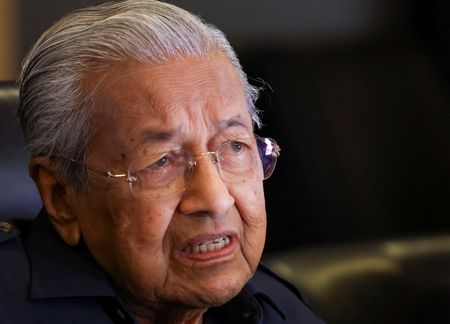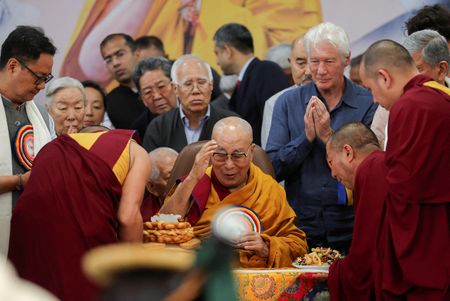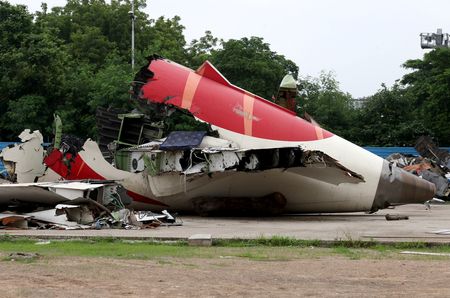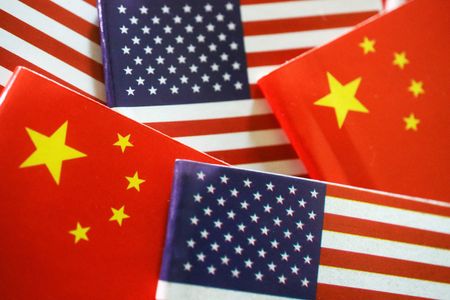PORT LOUIS/LONDON (Reuters) – The new government of Mauritius said on Tuesday it wanted to renegotiate a deal with Britain on the future of a U.S.-British military base on the Indian Ocean island of Diego Garcia, in a setback for British Prime Minister Keir Starmer.
Facing the possibility that U.S.
President-elect Donald Trump could unpick the agreement, Starmer is seeking to finalise a long-term lease for the Diego Garcia base after reaching a deal with the previous Mauritius government in October.
A new Mauritius government was formed in November, led by Navin Ramgoolam who told parliament on Tuesday that the deal with Britain “would not produce the benefits that the nation could expect from such an agreement”.
Instead, Ramgoolam said his government has made counter-proposals to London and received a response on Monday, without giving details.
A spokesman for Starmer said the government remains in talks with Mauritius over the final shape of a deal.
“We remain confident that this agreement is in both sides’ shared interests,” he told reporters.
Britain said in October it would hand over the islands, after years of sometimes acrimonious negotiations.
U.S.
President Joe Biden supported the deal when it was announced, but it could be challenged by the next U.S. administration after Trump is sworn in as president in January.
Trump’s pick for secretary of state, Marco Rubio, has said the deal poses a serious threat to U.S.
security by ceding the archipelago – with its strategic base used by U.S. long-range bombers as well as warships – to a country allied with China.
The deal also faces scrutiny in Britain, where the main opposition party said in a statement that it had written to Starmer to outline its concerns.
“This includes national security, proposed safeguards, value for taxpayers and notable concerns from key allies,” the Conservative Party said in a statement, adding there were a number of questions left unanswered.
When Mauritius became independent in the 1960s, London retained control of the Chagos Islands and forcibly displaced up to 2,000 people in the late 1960s and early 1970s to make way for the base.
Chagossians living in Britain said they cannot endorse an agreement on which they were not consulted, and have pledged to protest to make their voices heard.
(Reporting by Villen Anganan, Andrew MacAskill and Alistair Smout; Additional reporting by Catarina Demony; Editing by William James, Hugh Lawson and Alexander Smith)











